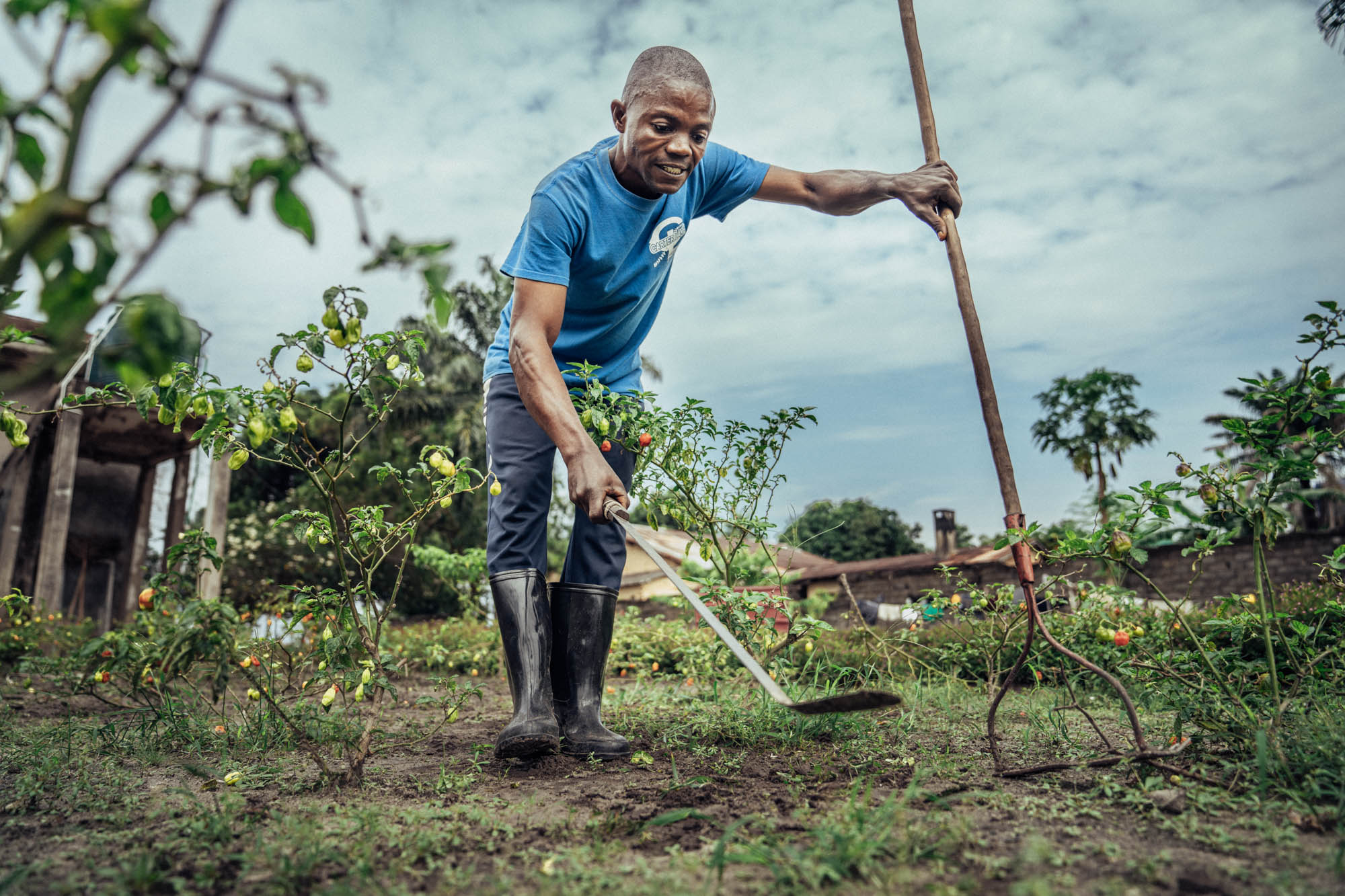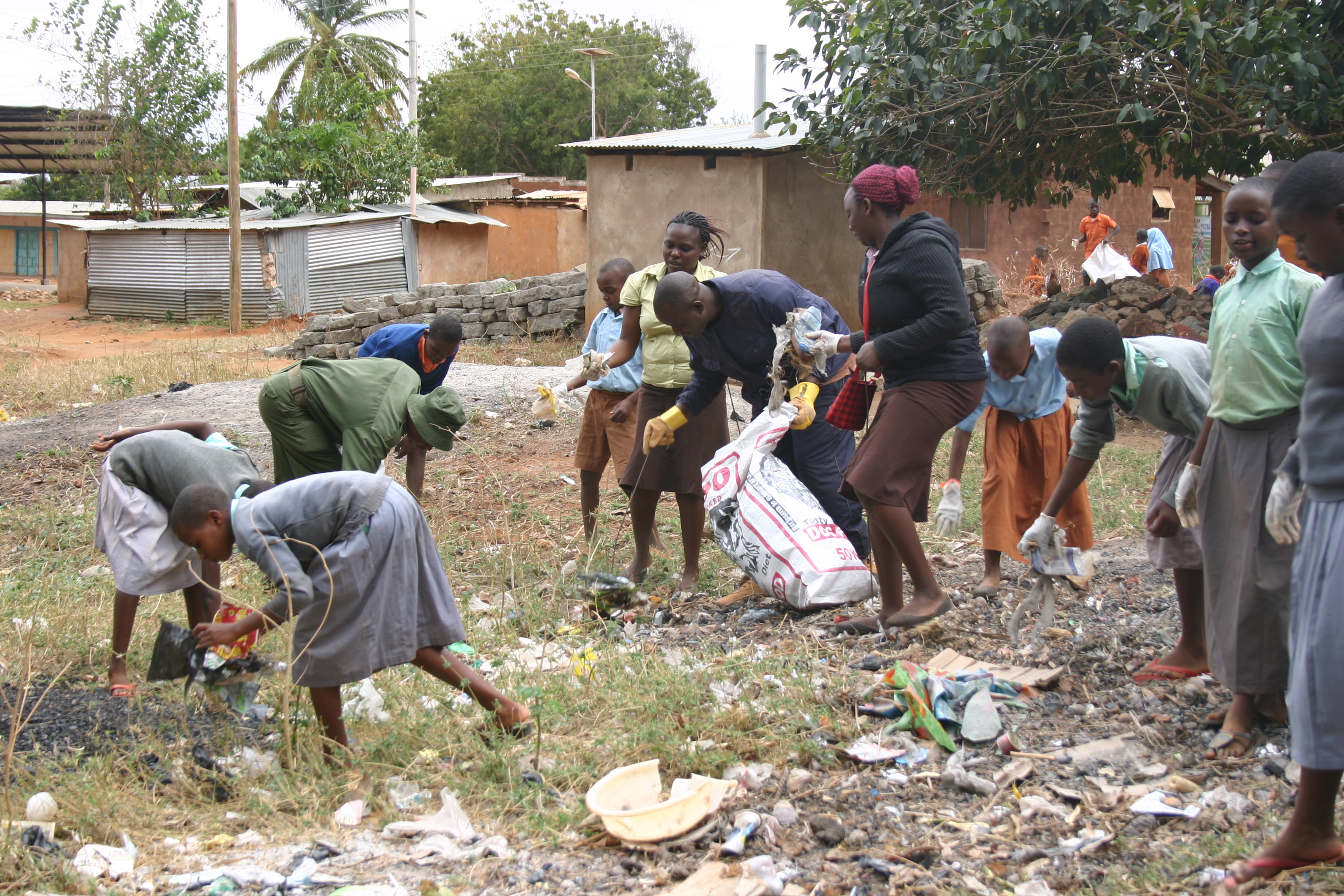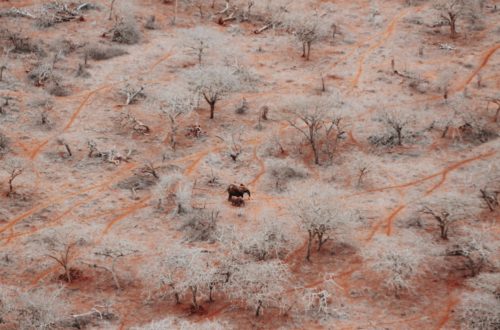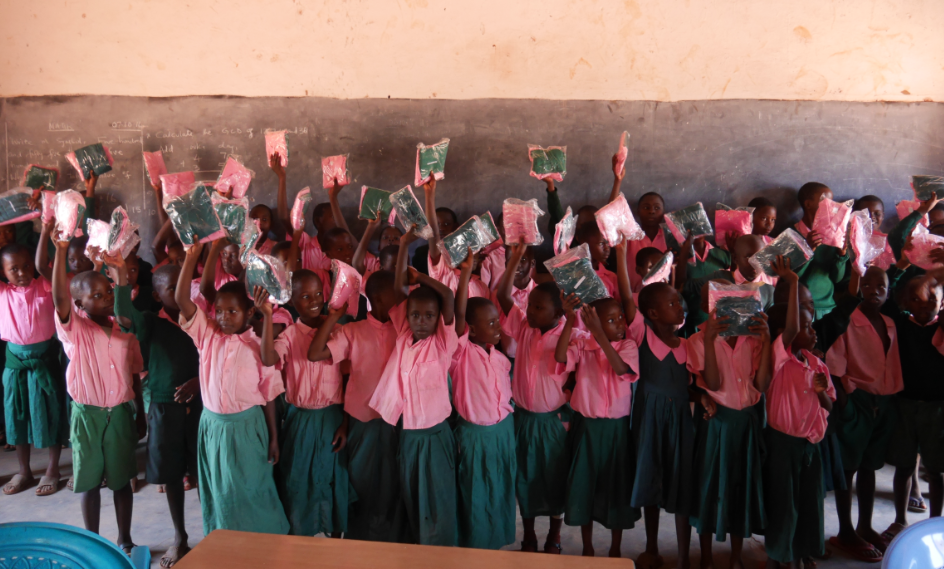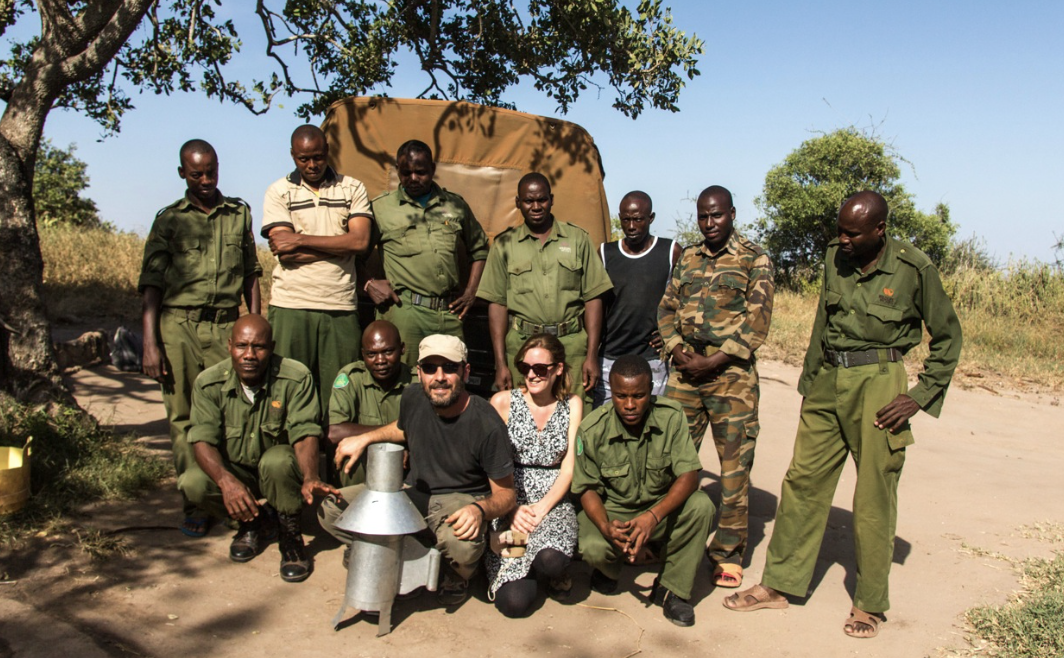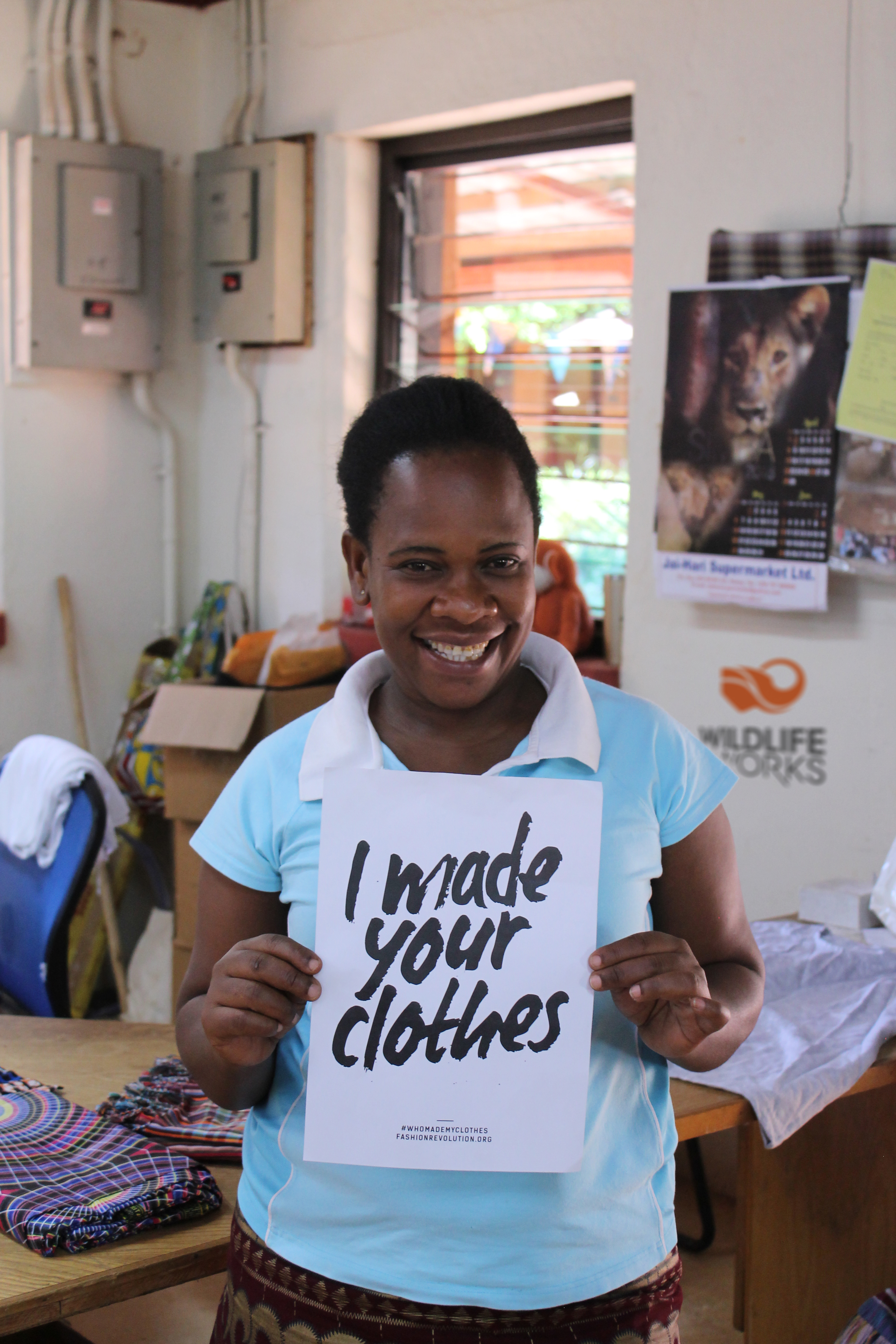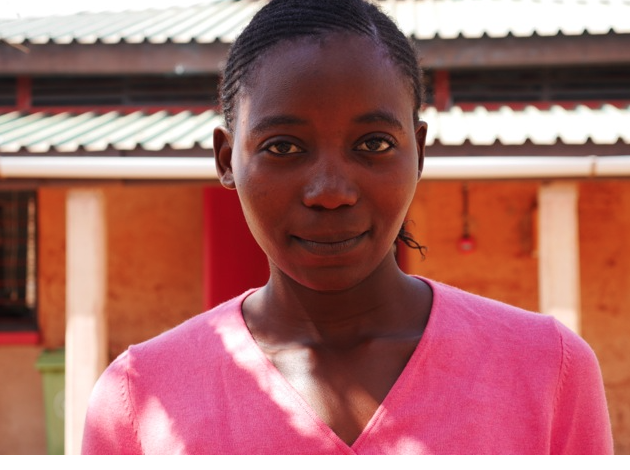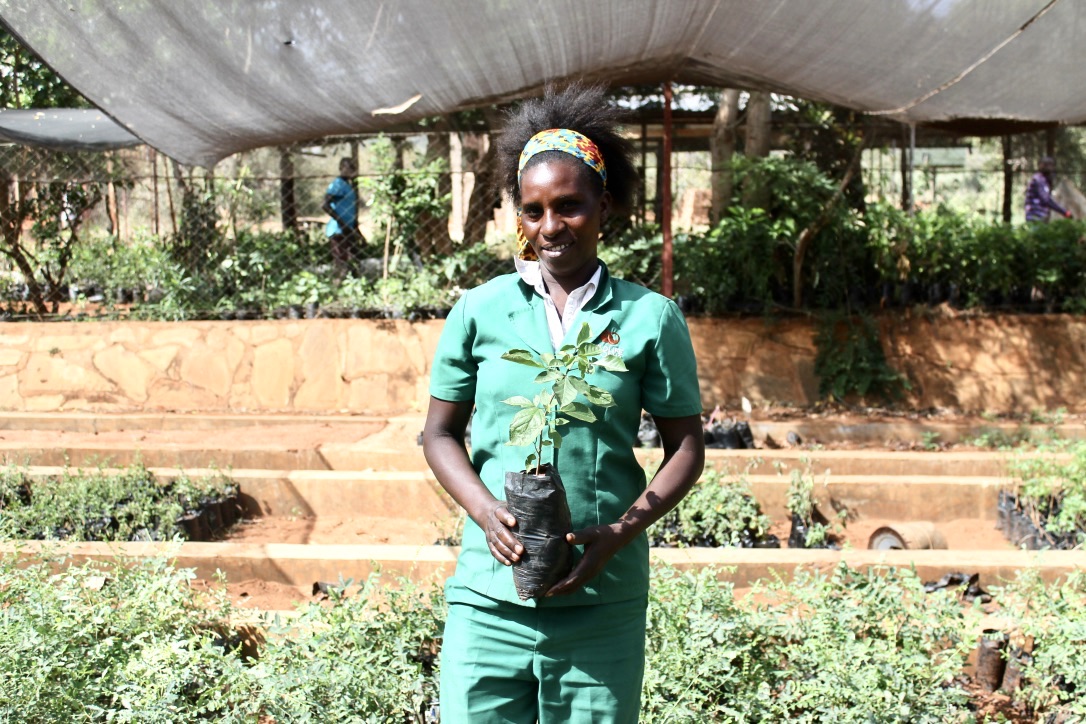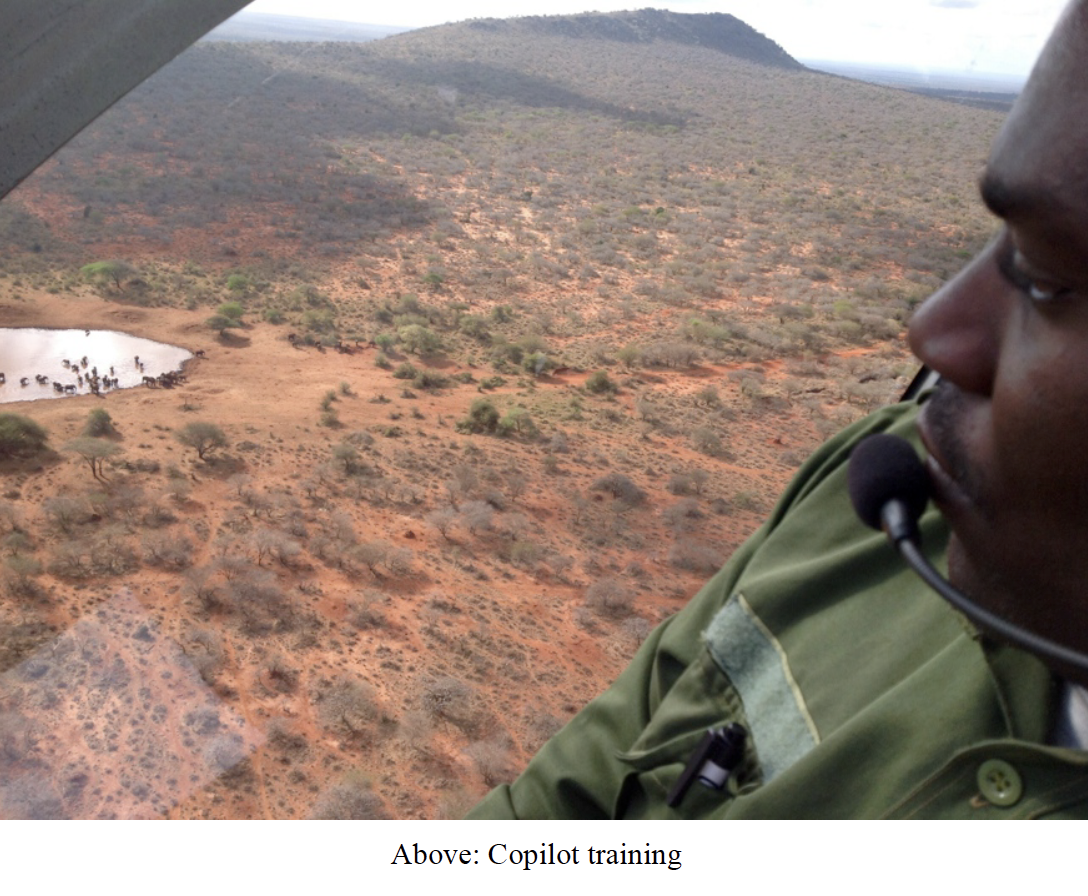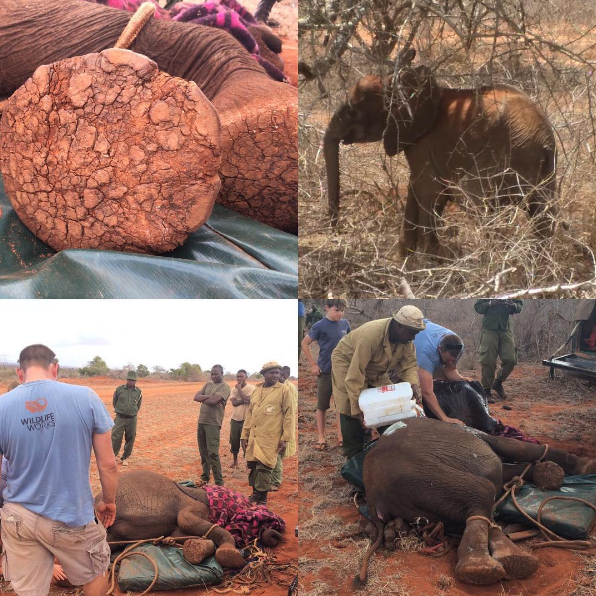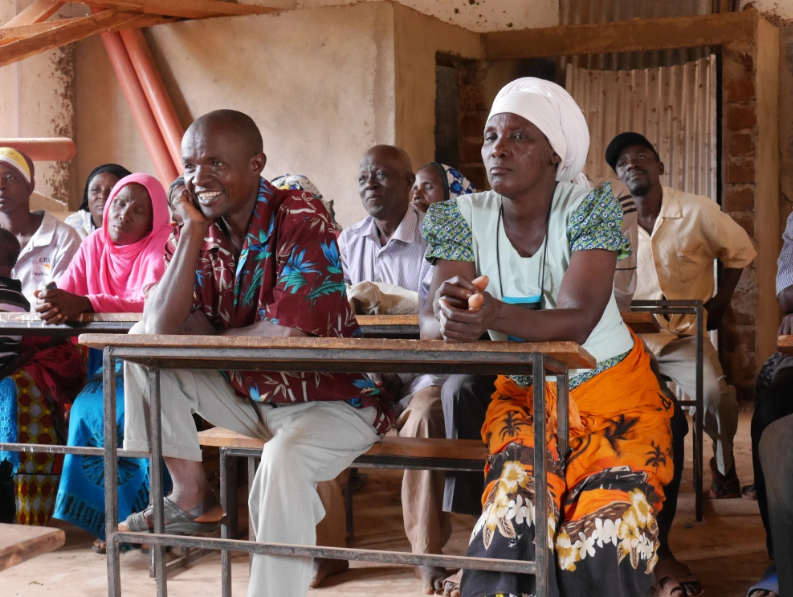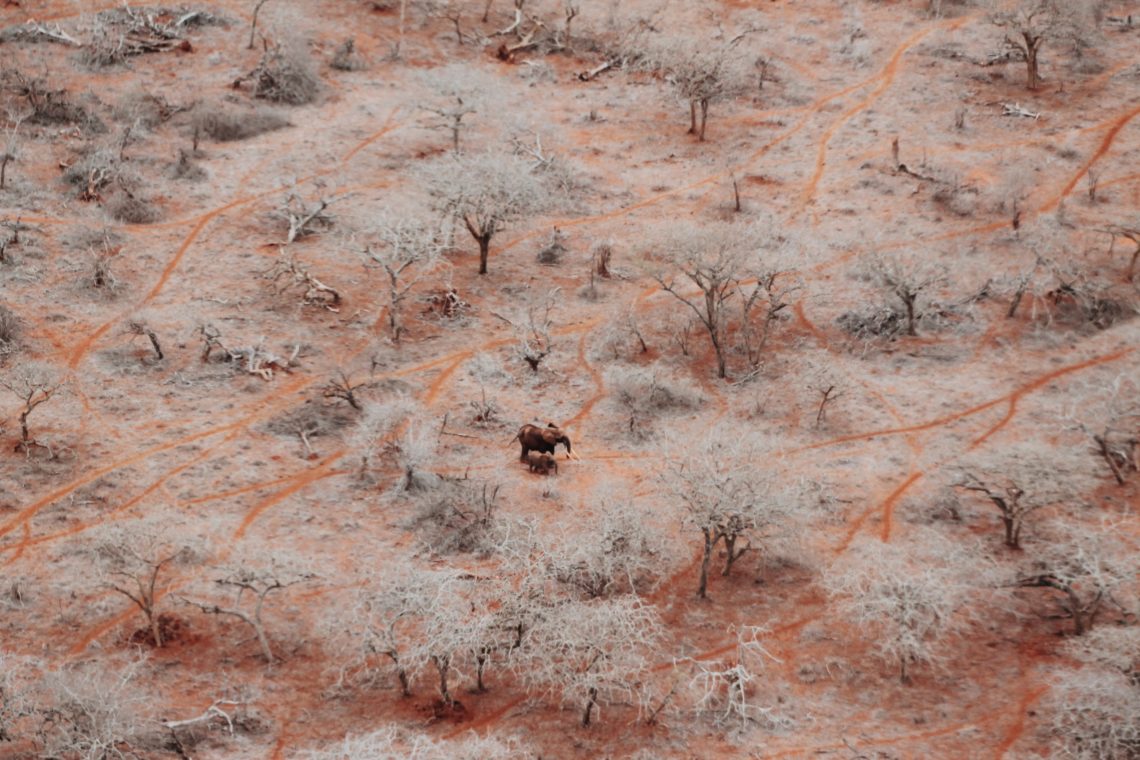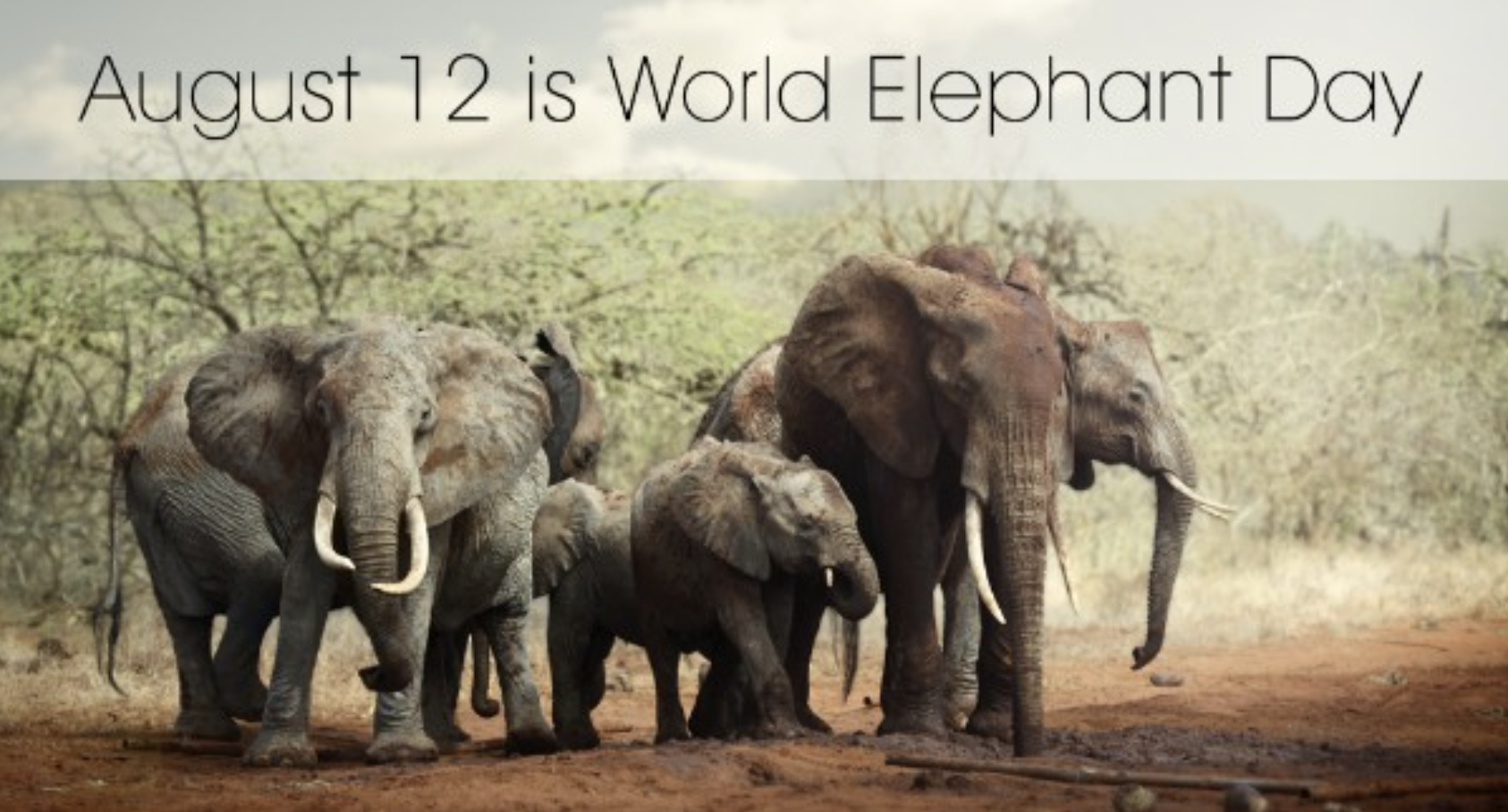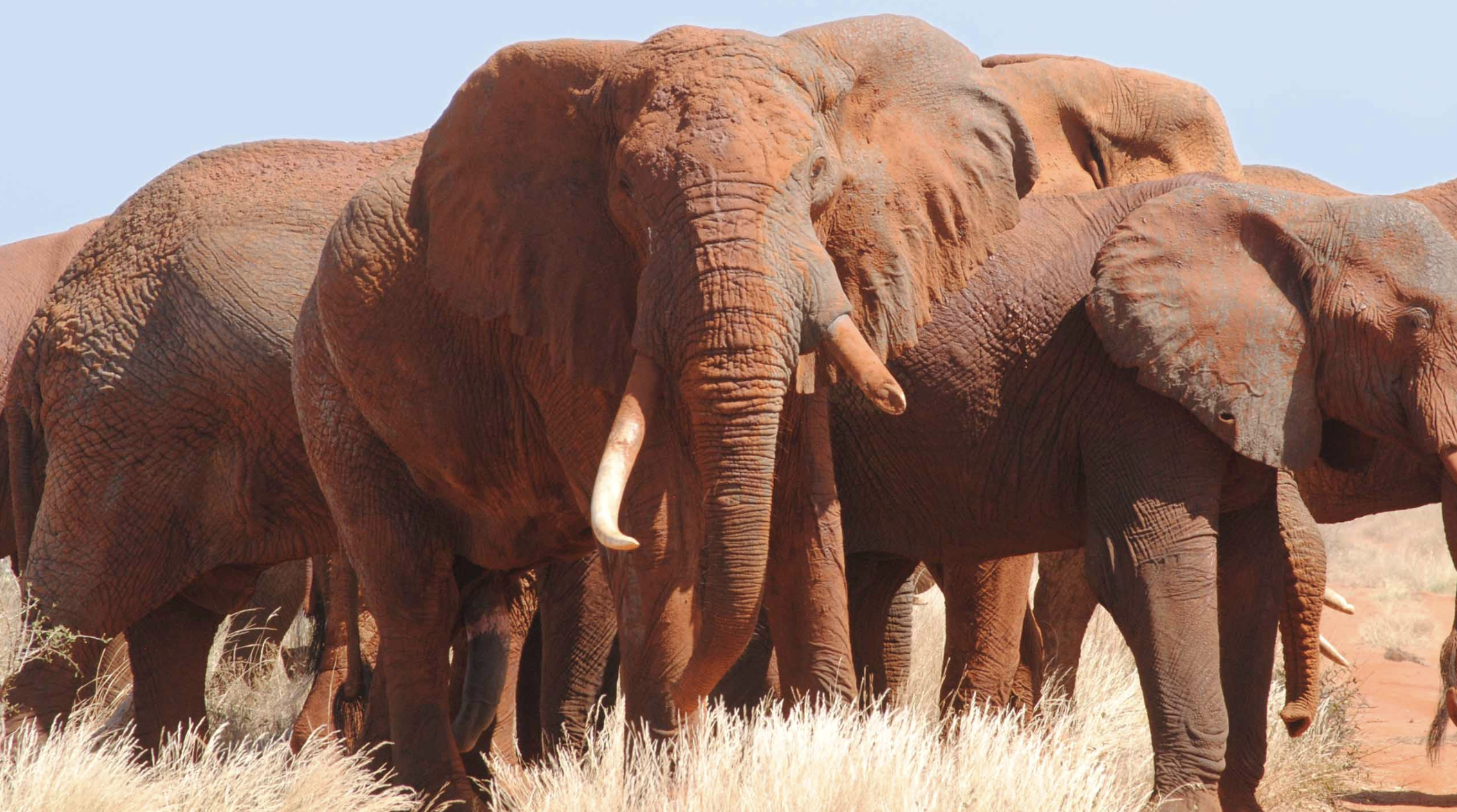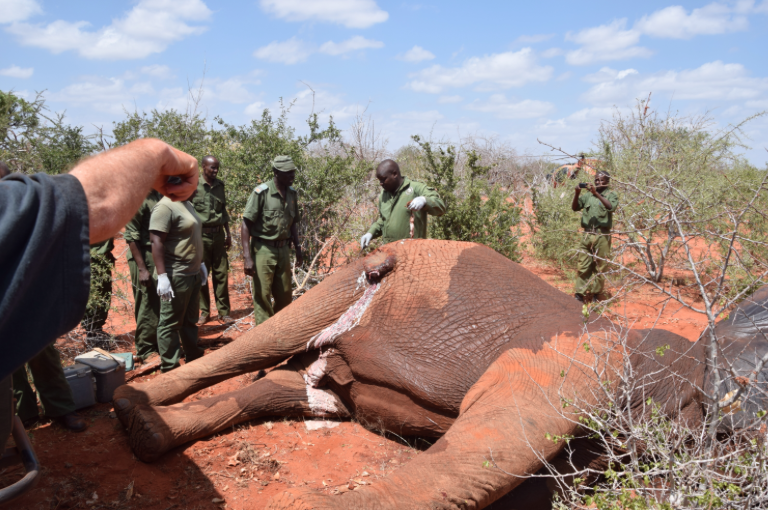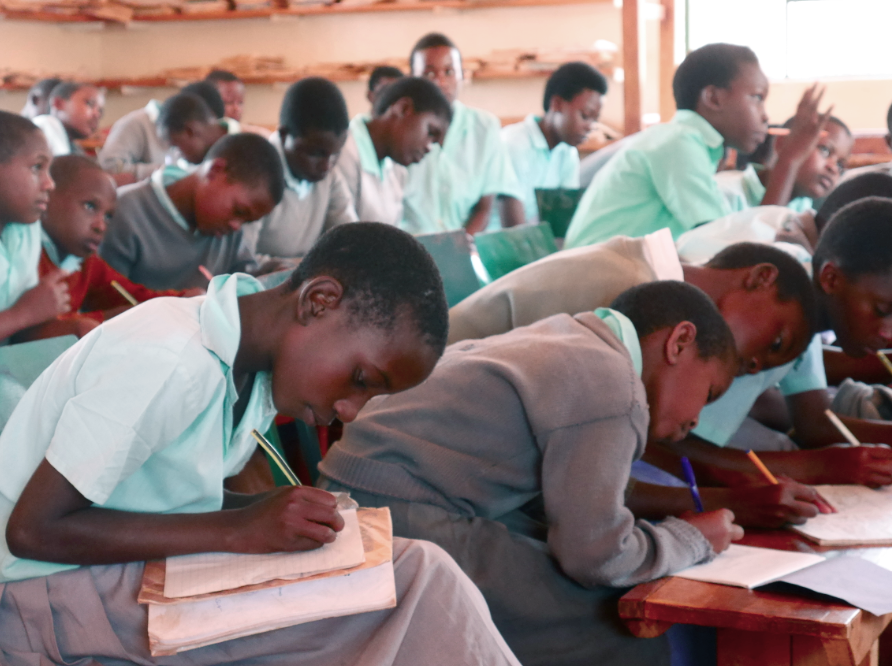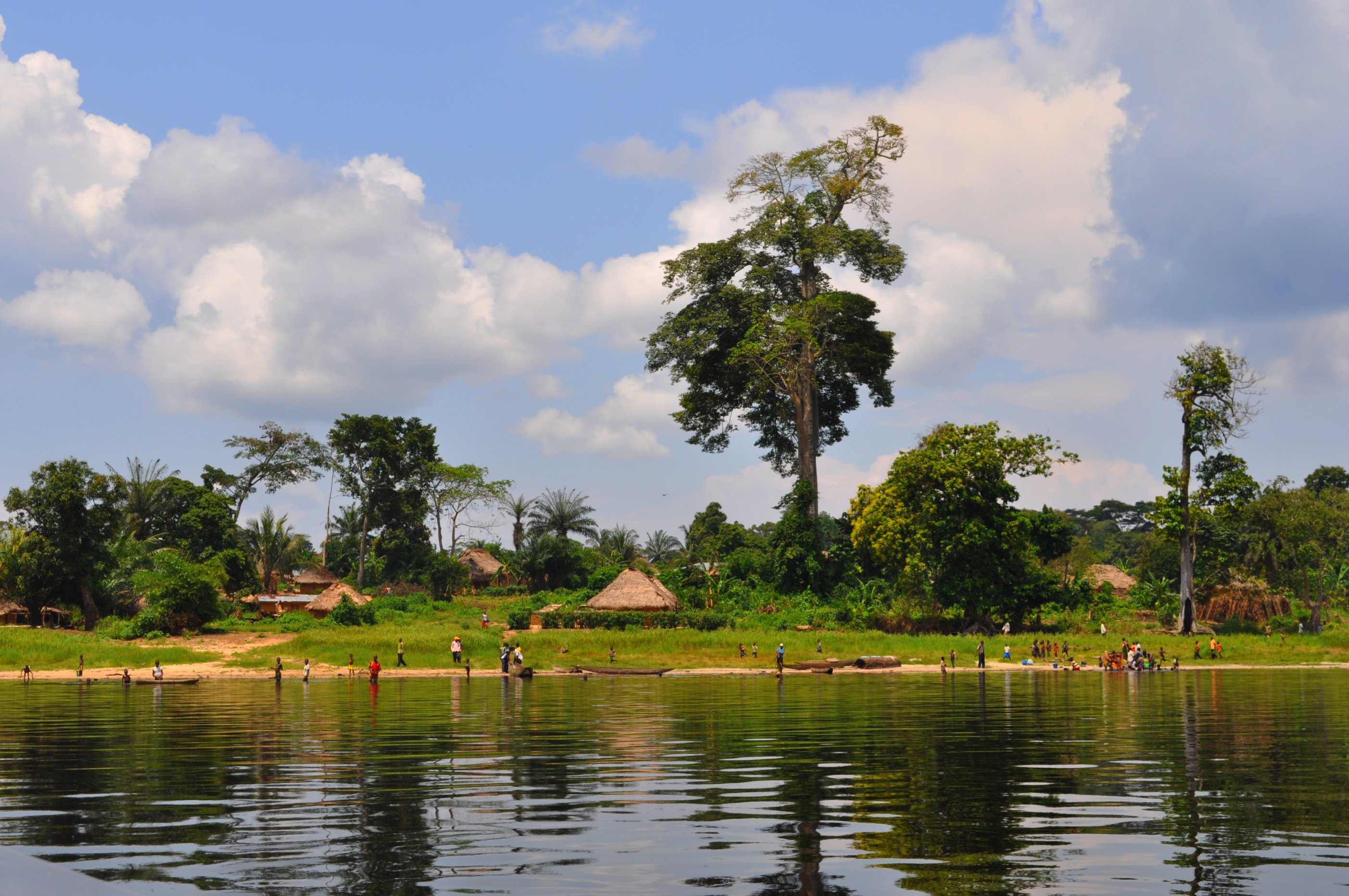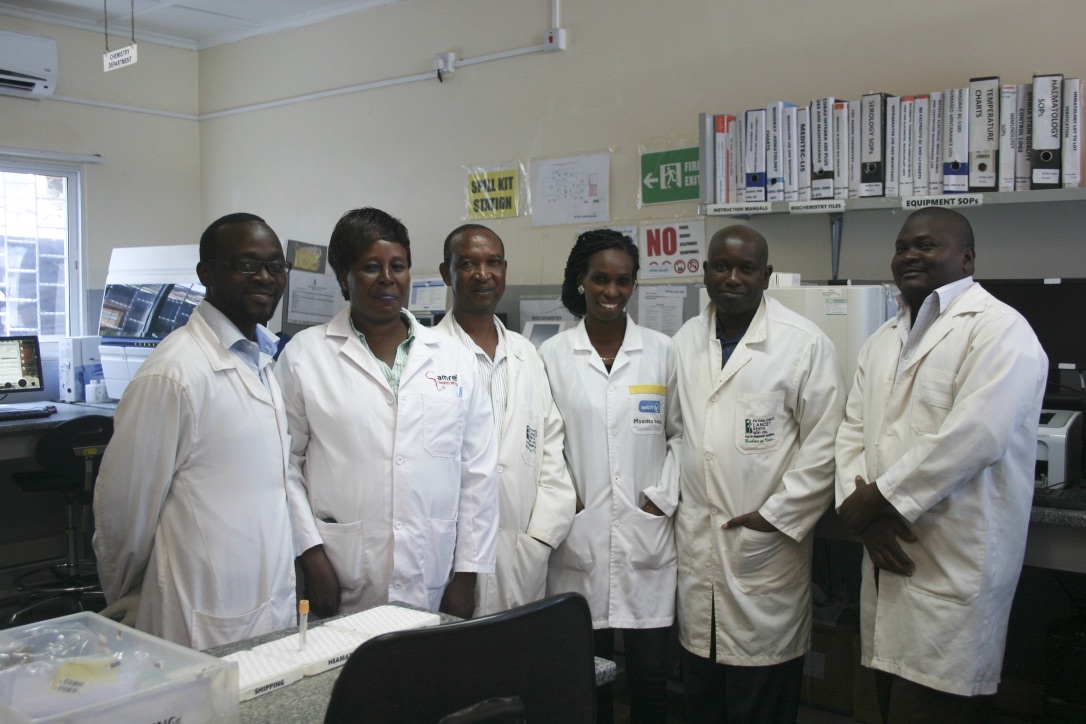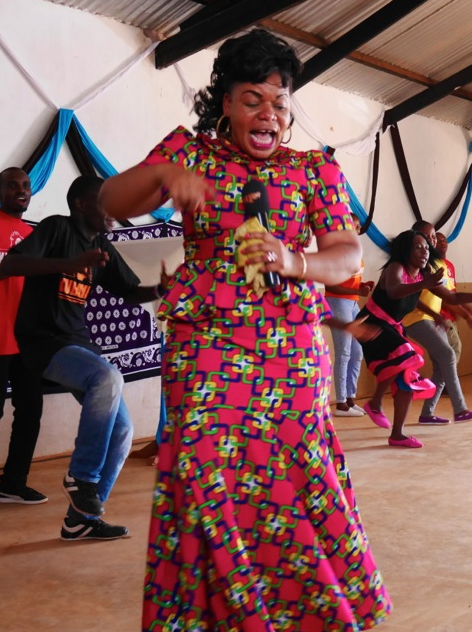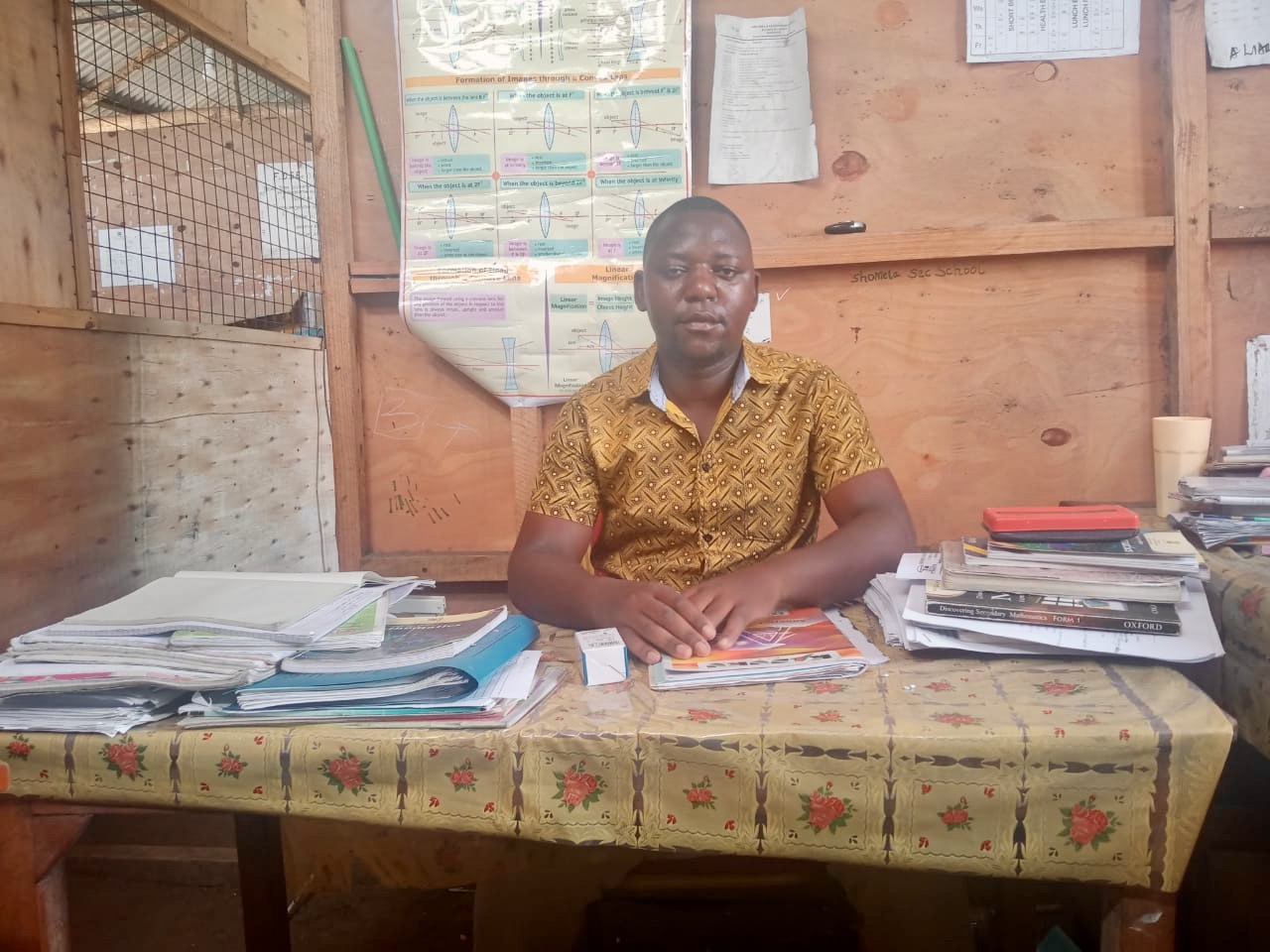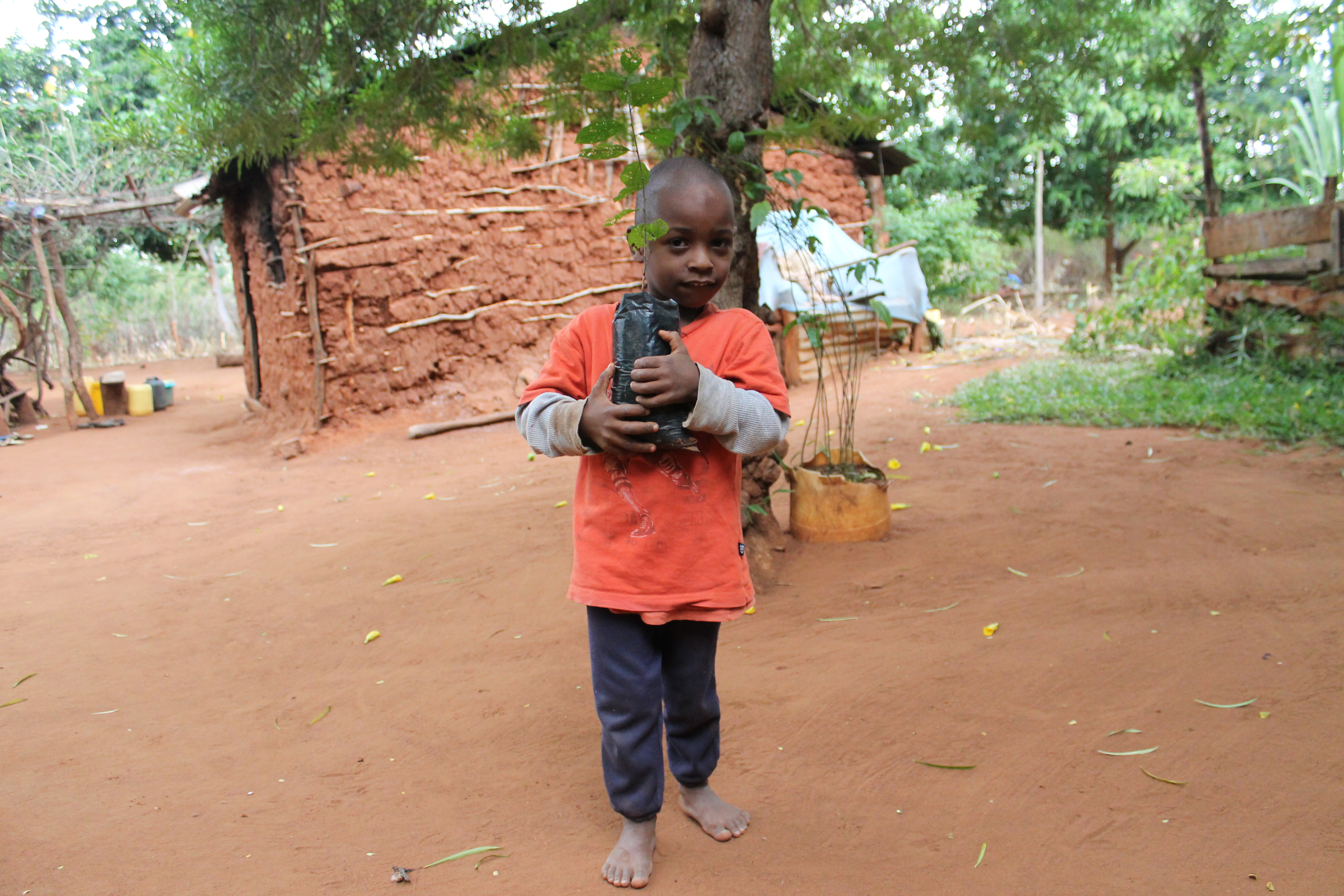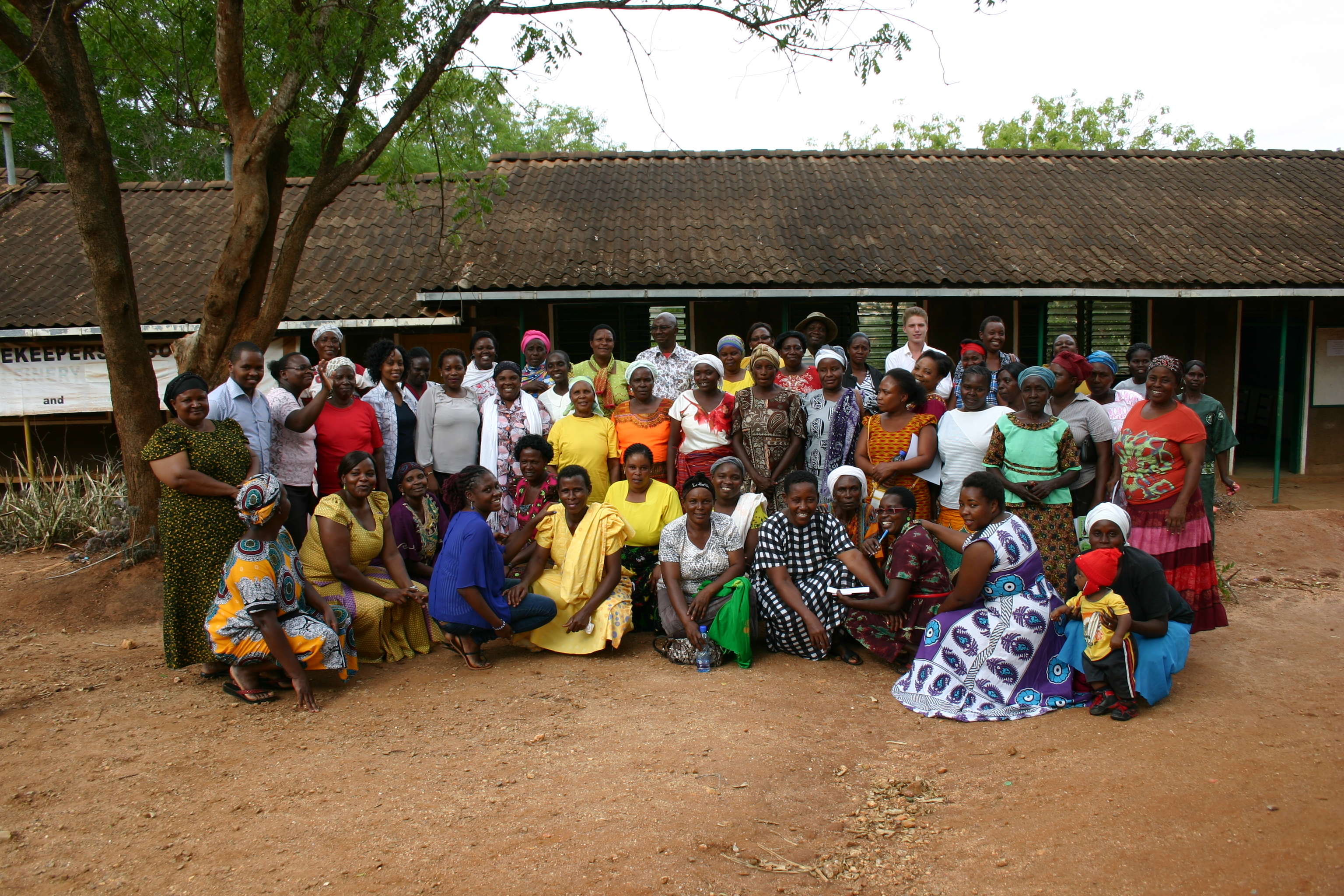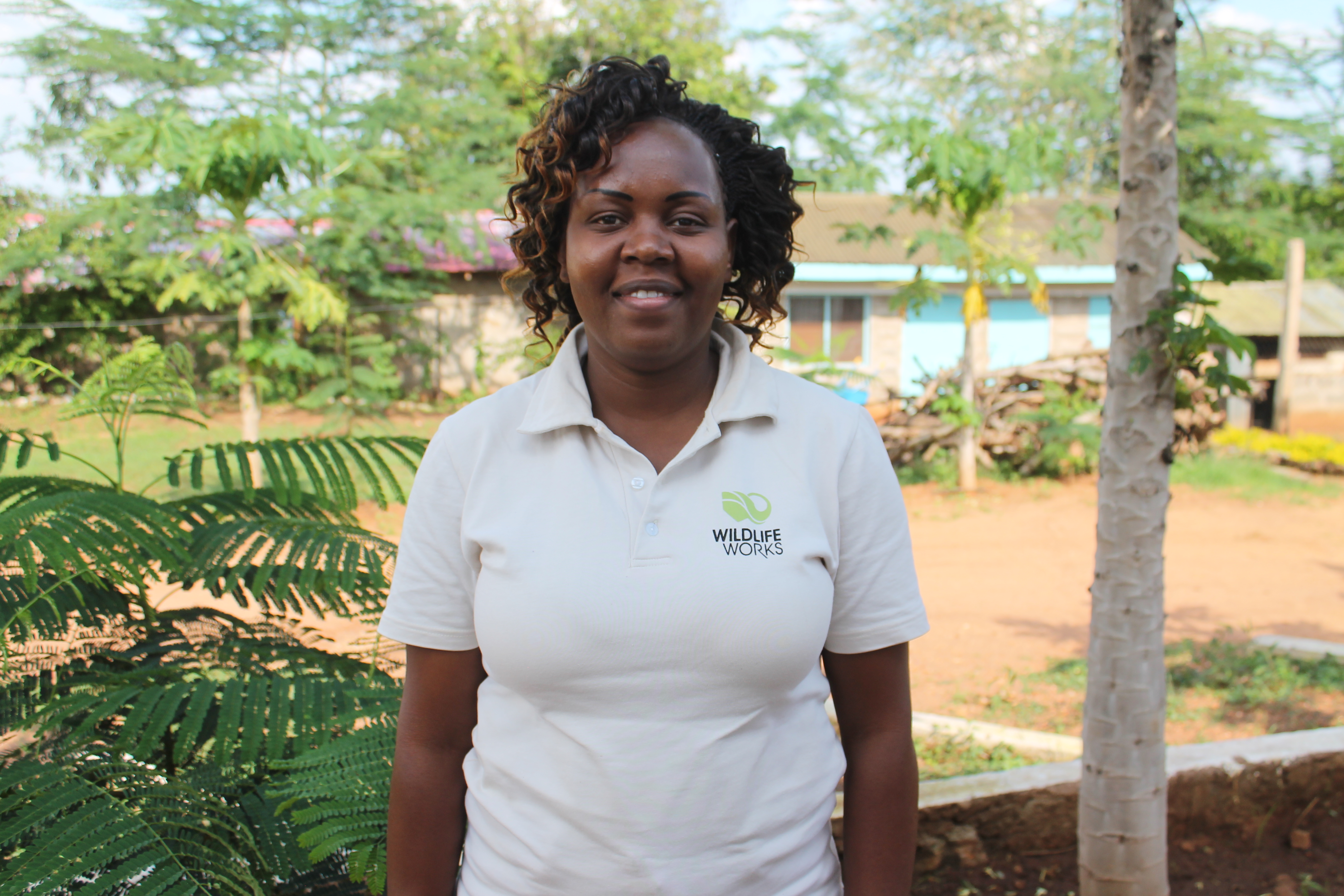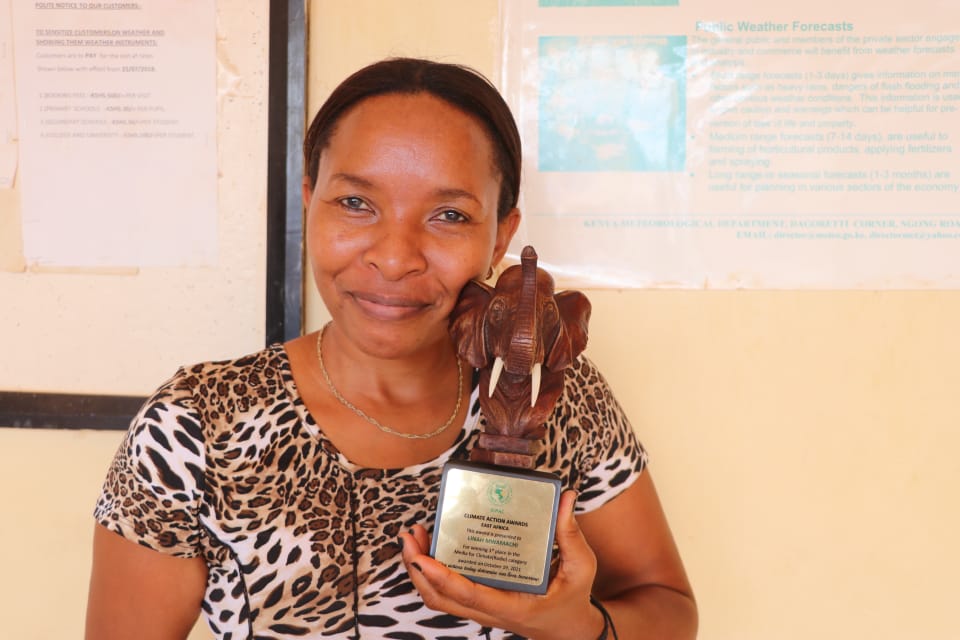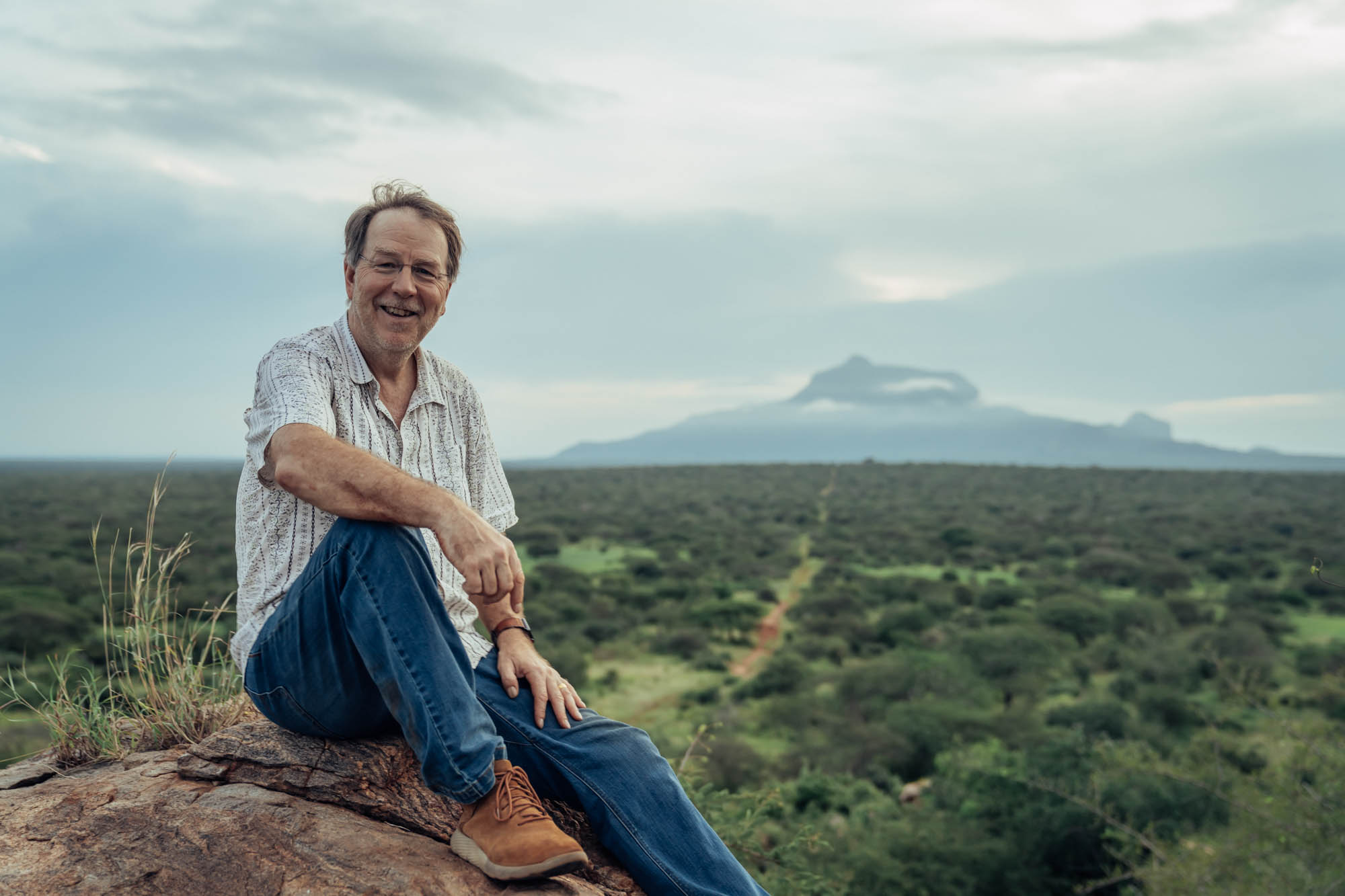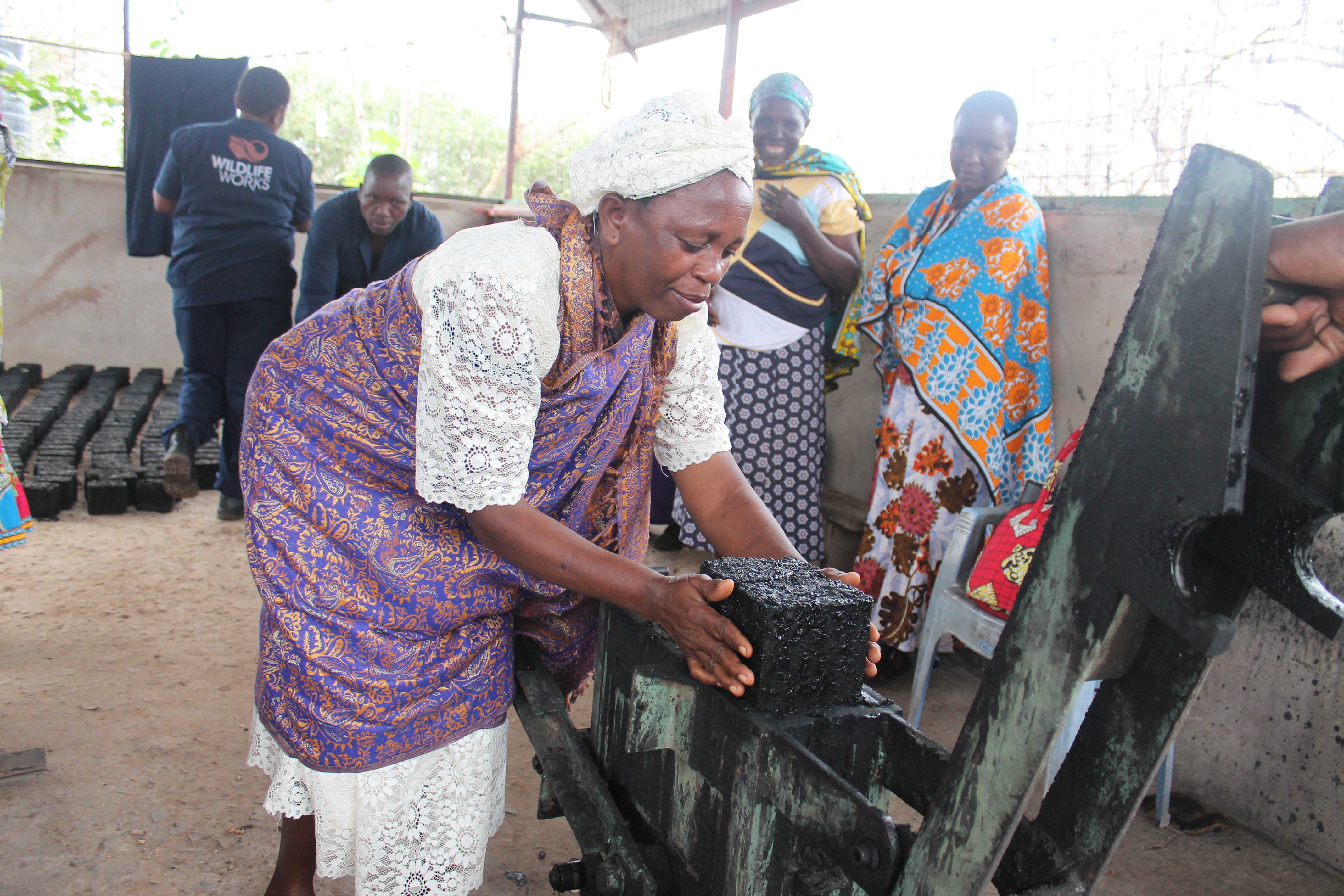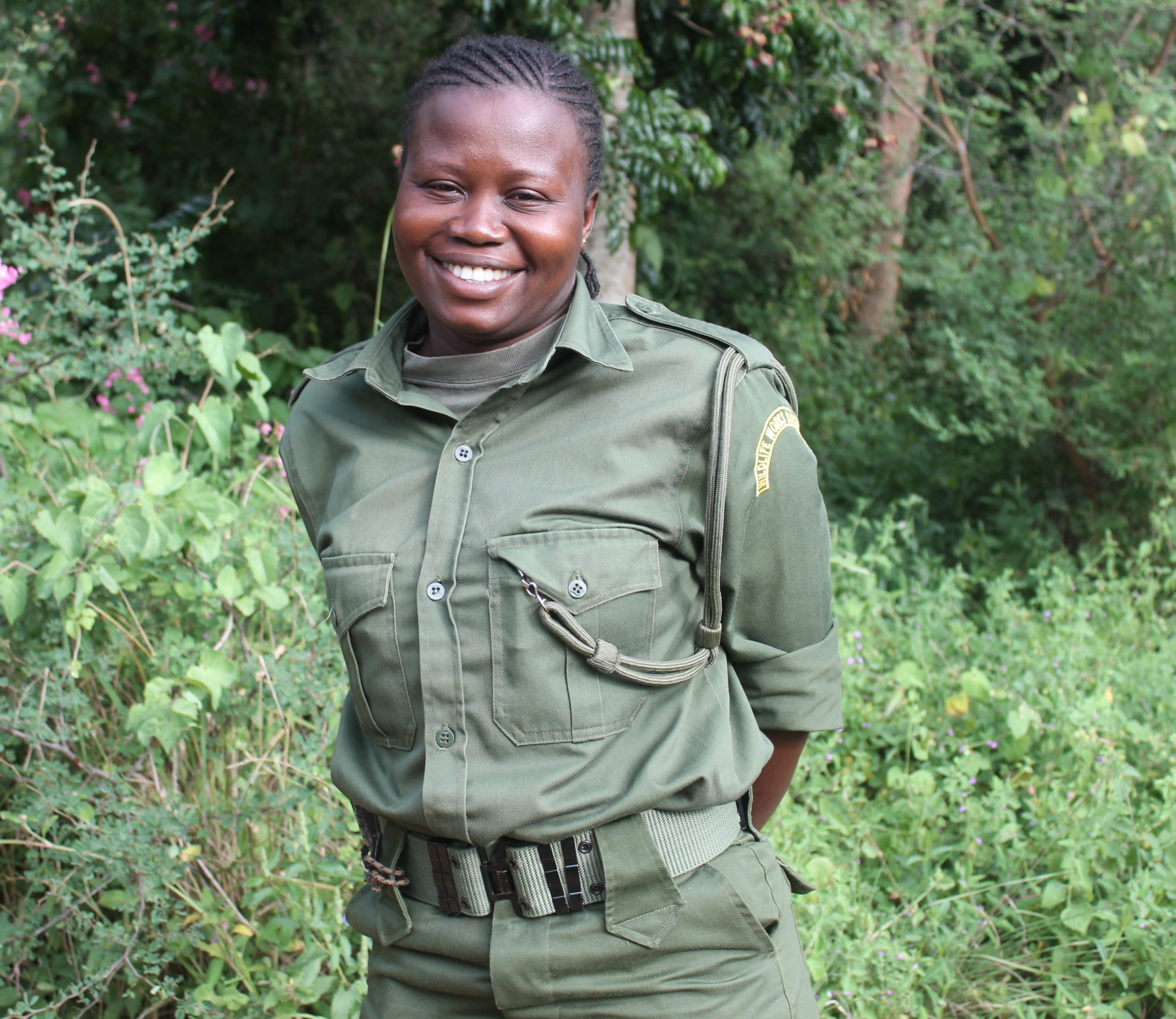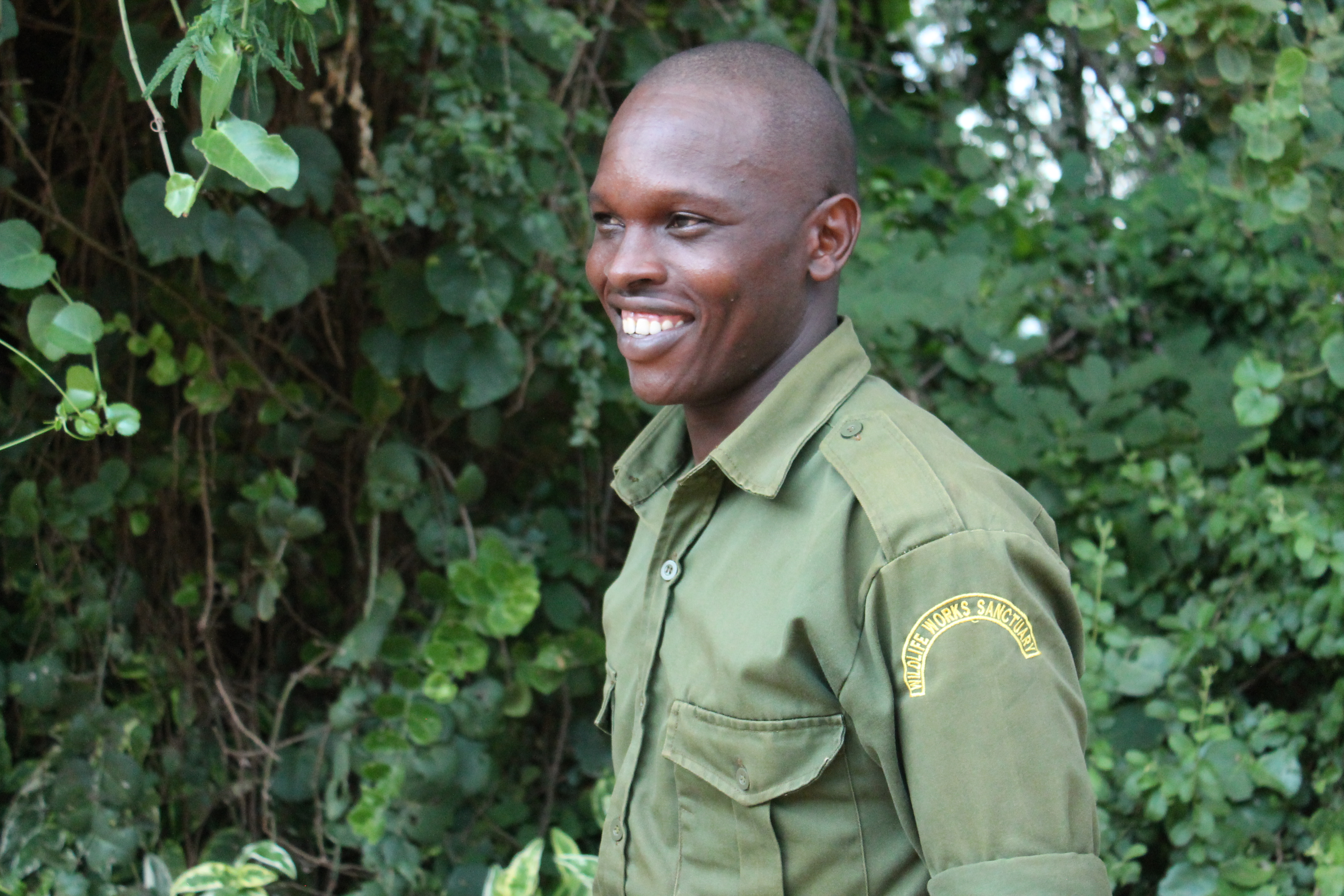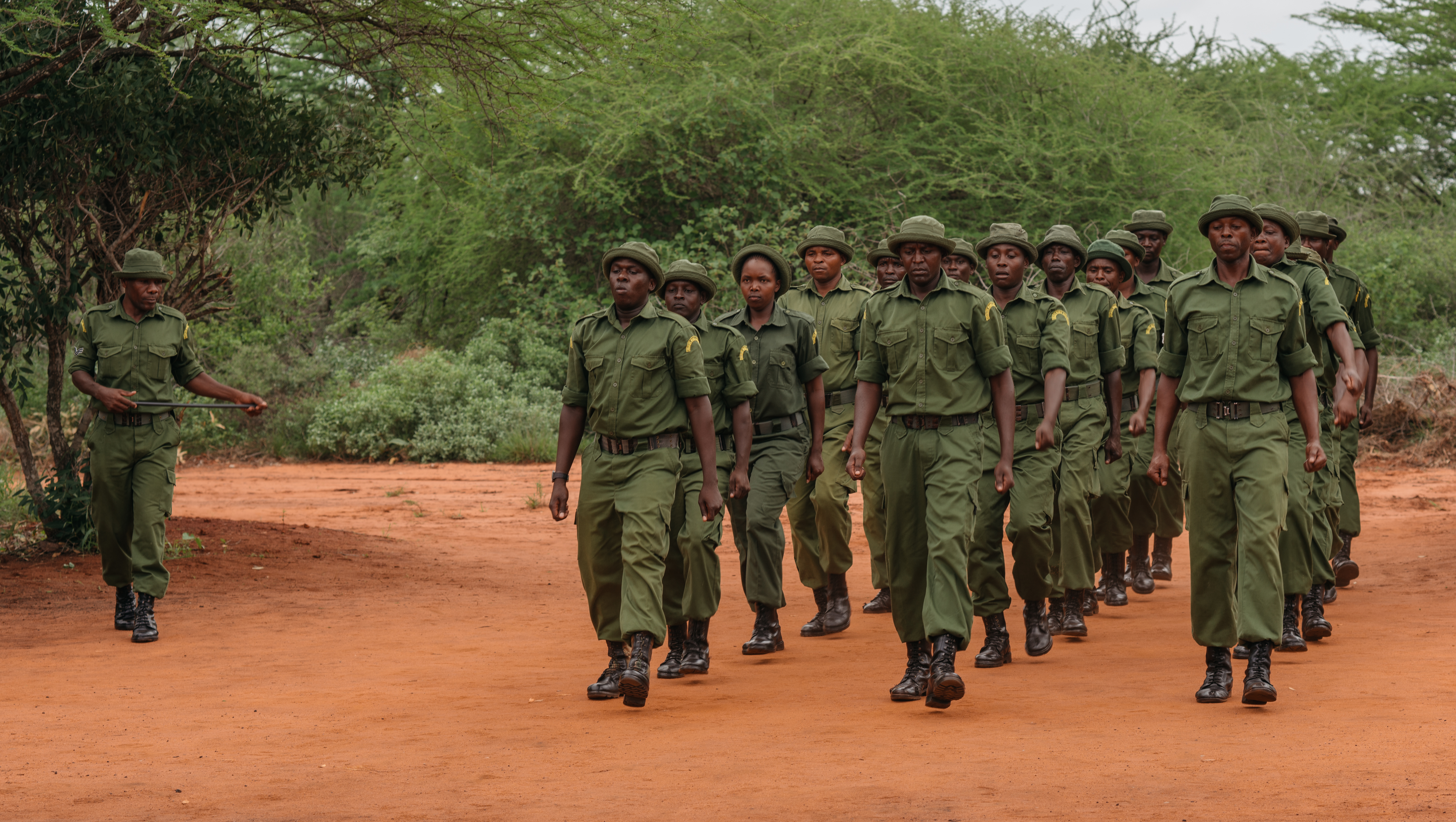-
Wildlife Works Commitment to Account for our Environmental Impact
At Wildlife Works we are committed to accounting for this environmental impact and improving operational excellence throughout the company.
-
Meet Olivia Adhiambo: Director of Climate Policy for Africa
Meet Olivia Adhiambo, our Director of Climate Policy for Africa. Olivia, who’s been with Wildlife Works since June of 2023, has a nuanced understanding of climate policy and is passionate about community-led conservation, making her an invaluable part of the Wildlife Works team. Olivia also recently spoke with “Boots on the Ground” podcast host Soyiantet Dibble Lesalon about the path that led her to community-led conservation, her experience in policy, and what a typical work day as Africa Region Climate Policy Director for Wildlife Works entails. You can listen to their conversation here. What are some of your key experiences from past roles? “Growing up adjacent to one of the…
-
Meet Erlinda Ekaputri: Indonesia Country Director
This International Womens Day we’re spotlighting Erlinda Ekaputri, our Indonesia Country Director. Erlinda, who’s been with Wildlife Works since May of 2021, has an unwavering dedication to environmental conservation and sustainable development for forest communities, making her an invaluable part of the Wildlife Works team.
-
De la Forêt: Meet Mathieu Bolaa, Wildlife Works Head of Biodiversity for the DRC
At the Mai Ndombe REDD+ Project in the Democratic Republic of the Congo, the Wildlife Works Biodiversity Team works to protect wildlife.
-
Three Elephant Rescues in One Day: the Product of Intensifying Tensions During a Period of Severe Drought
At the Kasigau Corridor REDD+ Project in Kenya, three elephants were recently rescued in one day. This was the product of a severe drought.
-
Family Planning Workshops for Both Men and Women
In the southeastern part of Kenya lies Marungu, a village surrounded by highlands. Once a week, community members converge in a hall to discuss social matters, usually in the presence of an area chief and other local representatives. But this time a different kind of discussion emerged: one designed to bring men together to discuss community health and family planning topics. In the presence of the area chief, a community health assistant, nurse, and the Wildlife Works team, the dialogue focused on health services available, in aim to improve attitudes towards family planning services and the different methods of contraceptives. “Why are you against our wives having children and what…
-
Mai Ndombe REDD+ Project Sees an Elephant Population Increase
The Mai Ndombe REDD+ project in the Democratic Republic of the Congo has seen a remarkable recovery of endangered forest elephants.
-
Scholarships Success Stories from the Kasigau Corridor REDD+ Project in Kenya
The Kasigau Corridor REDD+ Project in Kenya has generated funds for thousands of scholarships, leading to generational transformations.
-
Wildlife Works Recognised With an East African Climate Action Award
On 19th October 2021, Wildlife Works was among the conservation organizations to receive a prestigious Climate Action Awards courtesy of ICPAC. Wildlife Works is honoured to be among the awardees of the Climate Action Awards East Africa, for its role in empowering local communities in activities related to climate change adaptation and mitigation. The competition was organized by ICPAC, a specialized institution of the Intergovernmental Authority on Development (IGAD) with member countries in Djibouti, Eritrea, Ethiopia, Kenya, Somalia, Sudan, Uganda, Burundi, Rwanda and Tanzania. The competition drew participants from these member countries, shining a spotlight on their groundbreaking innovations and ideas to mitigate the effects of climate change. Congratulations to Kenyan journalists…
- Adventures in REDD+, Agriculture, Climate Change, Democratic Republic of the Congo, Forest Communities
Enhancing Food Security in the Mai Ndombe REDD+ Project Through Agronomy Training
By Jane Okoth Millions of people around the world still face the challenges of food security and malnutrition. One of the main targets of the United Nations Sustainable Development Goal 2 of Zero Hunger is to ensure sustainable food production and implement resilient agricultural practices that increase productivity. On the west side of Lake Mai Ndombe is an indigenous forest community that is part of the Wildlife Works Mai Ndombe REDD+ Project. The area protects over 740,000 acres of rainforest, which is home to chimpanzees, bonobos and forest elephants, and includes some of the most important wetlands in the world. Despite the rich biodiversity of the region, the community still…

